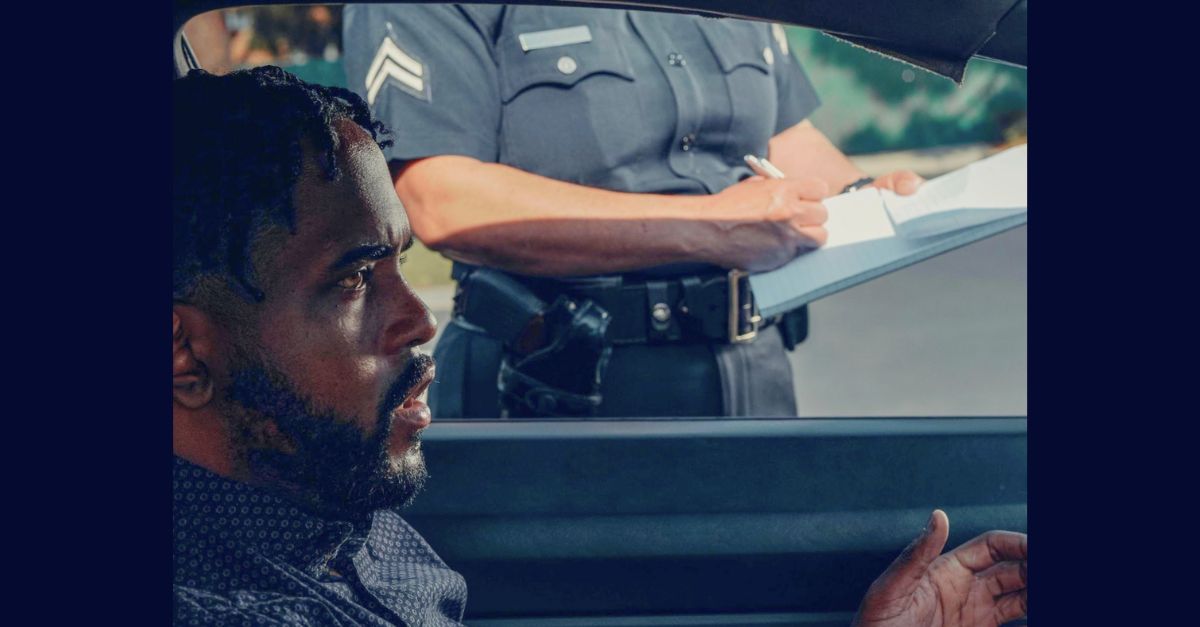
Car accidents can disrupt your life in ways that extend far beyond the initial impact. Florida has unique insurance laws that apply to car crashes. Speaking with a Florida car accident lawyer may help you understand your rights, assess your options, and determine if you are entitled to compensation.
How Florida's No-Fault Insurance Works
Florida is one of the few states with a no-fault insurance system. In other words, your Personal Injury Protection (PIP) typically covers medical expenses and part of your lost income after a crash. It doesn't matter who caused the collision. While this system intends to simplify claims and reduce court cases, it limits your ability to sue the at-fault driver.
You may only file a lawsuit if your injuries meet the state's "serious injury" threshold. This definition includes conditions, such as permanent loss of an important body function, significant scarring, or disfigurement. Victims who suffer these types of injuries may step outside the no-fault system to pursue additional damages for pain, suffering, or long-term disability.
When You May Need Legal Help
In some minor collisions, drivers handle insurance claims on their own. However, you may need legal assistance under certain circumstances. For example, medical bills exceeded PIP limits, the other driver was uninsured, or there were disputes about who was responsible for the accident.
Additionally, insurance companies often focus on minimizing payouts. As a result, you may find yourself struggling to cover your expenses. A qualified attorney can evaluate your claim, gather evidence such as accident reports and witness statements, and negotiate on your behalf.
A lawyer can also represent you in court to pursue fair compensation if necessary. Having someone who knows how Florida's car accident laws work can help you avoid costly mistakes that might affect your case.
Key Deadlines for Filing a Claim
Timing is another consideration. As of 2023, Florida law generally gives you two years to file a personal injury lawsuit from the accident date. If you wait too long, you may lose the right to pursue compensation. It's vital to act quickly after a wreck, since evidence and witness memories can fade with time.
Even if you're not sure whether you want to sue, it still helps to speak with a legal professional after the crash. They can help you understand your options. They can also assist with paperwork, communication with insurance companies, and medical documentation that may support your claim.
How to Choose the Right Legal Representation
Selecting the right attorney can make a significant difference in your recovery process. Look for professionals who have specific experience with Florida car accident cases. Many work on a contingency fee basis, so they only get paid if they win your case. Free initial consultations are also common. This arrangement allows you to discuss your situation without financial pressure.
Client reviews and recommendations can provide valuable insight. You can learn about an attorney's reputation and success rate. Since personal injury law is highly specialized, local experience also matters. Lawyers familiar with Florida's courts and insurance regulations can anticipate potential challenges and strategies.
Steps to Take After a Car Accident
The moments following a collision are a confusing time. However, a few key actions can protect your health and rights. Here's what to do after a wreck:
- Make sure everyone is safe
- Call emergency services (911)
- Exchange insurance and contact information with the other driver
- Document the scene with photos or videos, if you can
- Report the accident promptly to your insurer
- Keep detailed medical treatment and expenses records
If you experience pain, dizziness, or other symptoms even days later, seek medical attention immediately. Some injuries such as soft tissue damage or internal bleeding may not appear immediately. However, these conditions can worsen without treatment.
Florida's Compensation Options
If your injuries qualify under Florida's serious injury threshold, you may be entitled to compensation for more than just medical costs. These payments can cover lost wages, property damage, and non-economic damages like pain and emotional distress. The total amount depends on the severity of your injuries, the circumstances of the crash, and the available evidence supporting your claim.
FAQ
Can I still sue if I was partially at fault?
Yes. Florida follows a comparative negligence rule, which may allow partial recovery even if you were partly responsible.
Do I have to pay a lawyer up front?
Most car accident lawyers work on a contingency basis. This arrangement means they only get paid if you win your case.
What compensation can I seek?
If you meet the injury threshold, you may be eligible for medical expenses, lost wages, property damage, and pain and suffering.
Members of the editorial and news staff of Law&Crime were not involved in the creation of this content.
Comments